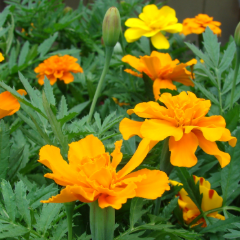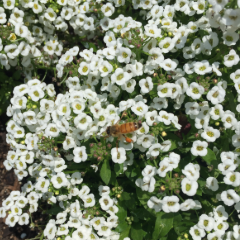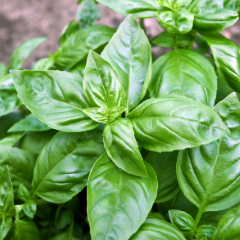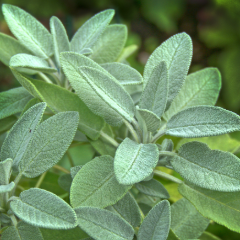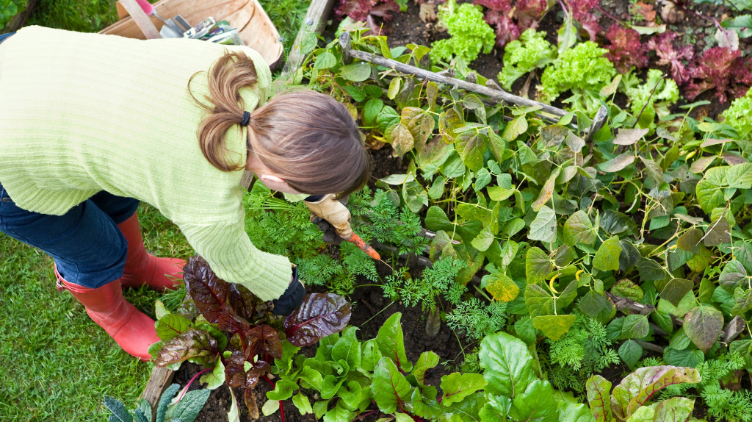
Healthy Garden Hack - Companion Planting
03 Dec, 2024
Companion planting offers a range of benefits that help you cultivate a healthy, thriving garden. Let’s dive into the secrets of this age-old gardening technique. Certain plants have natural properties that deter specific pests, and pairing them together can be a fantastic alternative to spraying. Garlic and marigolds, for example, are excellent for deterring aphids, while basil and lavender work well to keep mosquitoes at bay.
Companion planting can also be a great way of attracting pollinators like bees and butterflies. Plant bee-friendly blooms such as lavender, echinacea and cosmos to bring pollinators to your garden, increasing cross-pollination and in turn boosting your fruit yields. Just make sure your bee-friendly plants bloom at the same time as your fruit and veggie plants for maximum benefit.
Another benefit of companion planting is that some plants can improve the growing conditions of those around them. Plant strategically to provide shade, suppress weeds, or even enrich the soil with nutrients, giving neighbouring plants a better chance to grow well. Finally, sacrificial crops can be a clever way to divert pests away from your main harvest. By planting decoy crops that pests prefer, you help keep your valuable crops untouched. Just be sure to plant sacrificial crops slightly ahead of your main crop!
